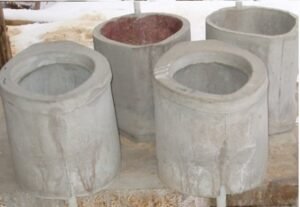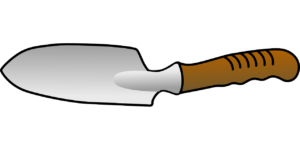Tensile Strength of concrete:-
It is the ability of concrete to resist tensile strength applied on it. Concrete is good performer in terms of compression, but significantly weak in tension force. This is the reason reinforcement is provide to balance weakness of concrete in tensile strength. Split cylinder test can be used to find out the tensile strength of concrete. Tensile strength is around 10% – 12% of its compressive strength.
Factors Affecting Tensile Strength of concrete: –
- Quality of raw material
- W/C Ratio (water Cement Ratio)
- Age of concrete
- Mix design of concrete
- Temperature
- Humidity
- Curing
Significance and Use: –
- Tensile strength is generally greater than direct tensile strength and lower than flexural strength.
- Tensile strength is used in the design of Structural lightweight concrete members to evaluate the shear resistance provided by concrete and to determine the development length of reinforcement.
Apparatus: –
- Testing Machine: – The testing machine shall conform to the requirements of Test Method. Its capacity should be 1.2 Mpa/min to 2.4 Mpa.

- Tamping Rod: – For Compaction of concrete. 16mm in diameter and 600mm in length.

- Concrete Mould: – Cylindrical steel made.

- Trowel: – for concrete work.

Split Cylinder Test Procedure: –
Sample Preparation:- Pore the good quality of the concrete in mould. It should be casted in 3 layers. Compact concrete well using compaction rod. Keep the top surface of the concrete smooth.
Curing: – Cure the concrete block well for 7-28 days as per requirement of the specimen.
Measure the dimensions of the specimen well. note it down.
Keep the block in testing machine and start apply loading. Loading rate must be in between 1.2Mpa/Min – 2.4Mpa/Min.
Record the maximum applied load at which specimen fails.
Calculations: –
T = 2P/ Pi x L x D
Where, T= splitting tensile strength,[MPa], P = maximum applied load indicated by the testing machine, [N], L = length, in. [mm], and
D = diameter, in. [mm]
